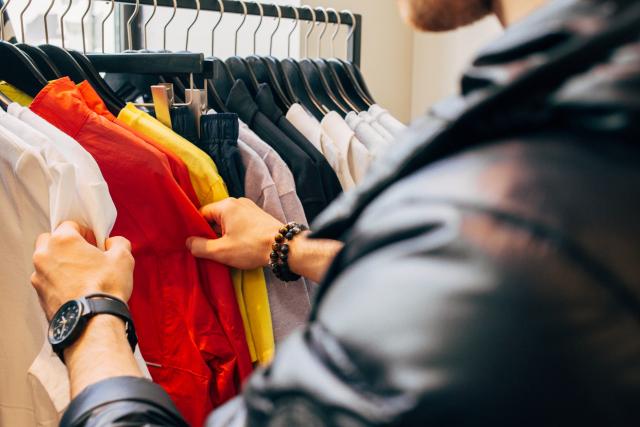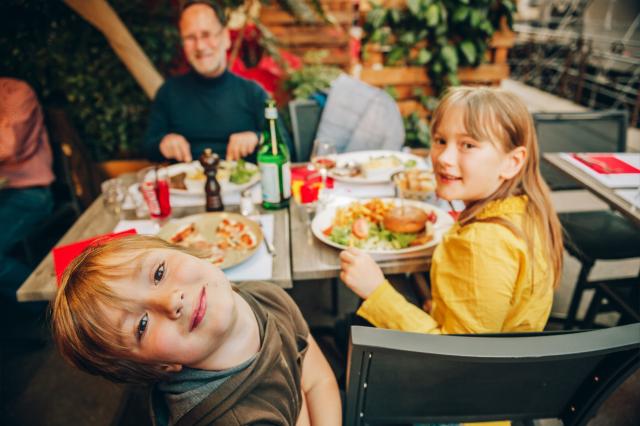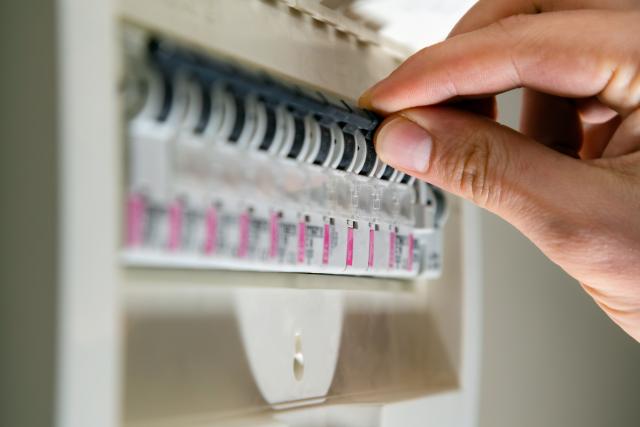Local charity shops are set to feel the brunt of new taxes as the Andrews government abolishes landfill levy protections.
Epilepsy Foundation Retail Operations Manager Steve Cassar says that their outlets, including their Cranbourne branch, will suffer if the levy is reintroduced.
“We really hope there could be some resolution because unfortunately, whilst the shops do a great job in recycling and trying to resell pre-loved goods, there are times where shops are targeted for dumping,” Mr Cassar said.
“Unfortunately that does go to landfill and that comes at a great cost.
“So we’re really hoping there will be a positive outcome.”
Mr Cassar says the impacts will reach every charity and opportunity shop in the state.
“It’s not just Epilepsy Foundation, it’s Vinnies, it’s Salvos, it’s Vision,” he said.
“There are so many charities which will be impacted if the government doesn’t change its stance.
“At the end of the day, [the levy] is a drop in the ocean compared to what the state currently spends, but it’s a big drop for charity shops, especially smaller ones like ours.”
The CEO of Charitable Recycling Australia has released an open letter pleading for the state government to safeguard charities from the winding back of the landfill levy protections.
Mr Soker explained why he believes charities should be released from the “$1.5 million in unfair extra cost burdens” in his letter to Victorian Minister for Environment Ingrid Stitt.
As of July 1 2023, charities will be required to pay tax on dumped waste they send to landfill, as DEECA has “re-loaded” their campaign to withdraw waste protections.
“The principle is that charities don’t own or create or want the waste,” Mr Soker wrote to Minister Stitt.
“It is illegally dumped on them by lawbreakers. And it is un-Australian to tax organisations on something they don’t own or create.
“All of the other State Government jurisdictions in Australia understand this and protect charity shops from their waste levies.
“It is only Victoria that will be isolated in its regressive stance if you don’t act.”
Bk 2 Basics Melbourne founder Kelly Warren said the change would put stress on already struggling organisations, many of which were seeking funding for their existing output.
“All charities are struggling,” she said.
“The costs are going up.
“Our power still goes up.”
Charitable Recycling Australia Victorian state director Jeff Antcliff said the change was “ludicrous”.
“It’s absolutely absurd,” he said.
“We’re really calling on Minister Stitt to talk to us.”
Mr Soker says people will illegally dump at charity shops irrespective of whether the waste incurs a tax penalty or not.
“Forcing charities to pay the waste levy will cause an increase in landfill, not a reduction,” he wrote.
“If charity shops are forced to cut costs on resource recovery to pay your tax, it means more waste to landfill for Victoria.
“They will be unable to divert the 242,000 tonnes from landfill they did last year – which means you, as Minister for Environment, will have caused an increase in waste to landfill.”
A Victorian government spokesperson, in relation to the critiques against DEECA’s plans, agreed charitable organisations play a “significant role in driving Victoria’s transition to a more circular economy”.
“We will continue to support the charitable recycling sector, as we have done since 2014, and are currently determining the most effective way to continue this support,” the spokesperson said.
“Charities will also benefit from Victoria’s Container Deposit Scheme which will provide them with the opportunity to raise funds using container collection drives, register to receive donations, and run refund collection points across Victoria.”
Mr Soker also says the “unfair tax” will directly hurt the most Vulnerable people in Victoria, as the $1.5 million tax “equates to 428,571 meals that cannot be provided by charities to Victorians who will go hungry”.
With the costs of living on the rise, charities fear the tax will add to the struggle.
“Charity shops provide $232 million in avoided costs for your government, in food and shelter for Victorians in need, mental health services, crisis support and a wide range of illness and disability support, right down to the wellbeing of our pets,” Mr Soker wrote to Minister Stitt.
“Without charity shops, your government would need to pay for these services – or let Victorians in need go without essential support.
Charity shops also save 214,000 tonnes of CO2 emissions and 21,000 Mega Litres of water a year to help the environment, according to Mr Soker.
“Given the massive contribution charity shops make to Victoria’s environment, society and economy, we are absolutely dumbfounded by DEECA’s insistence to penalise them,” Mr Soker wrote.
Mr Soker also critiqued the Victorian government in their bottom-focused intervention style for recycling.
He says Victoria’s policies focus on disposal of recycling materials rather than reuse.
With the government’s plan to create a circular economy in Victoria boasting initiatives to “boost recycling and reuse”, Mr Soker says this transition is “impossible” if the government allows for reuse to regress.
“While the rest of Australia is moving forward with reuse to a Circular Economy by 2030, Victoria is going backwards,” he said.







